
Schedule for Cypher 2025
India's Biggest AI
Summit & Expo
September 17-19, 2025
KTPO @ Whitefield – Bengaluru
September 17-19, 2025
KTPO @ Whitefield – Bengaluru
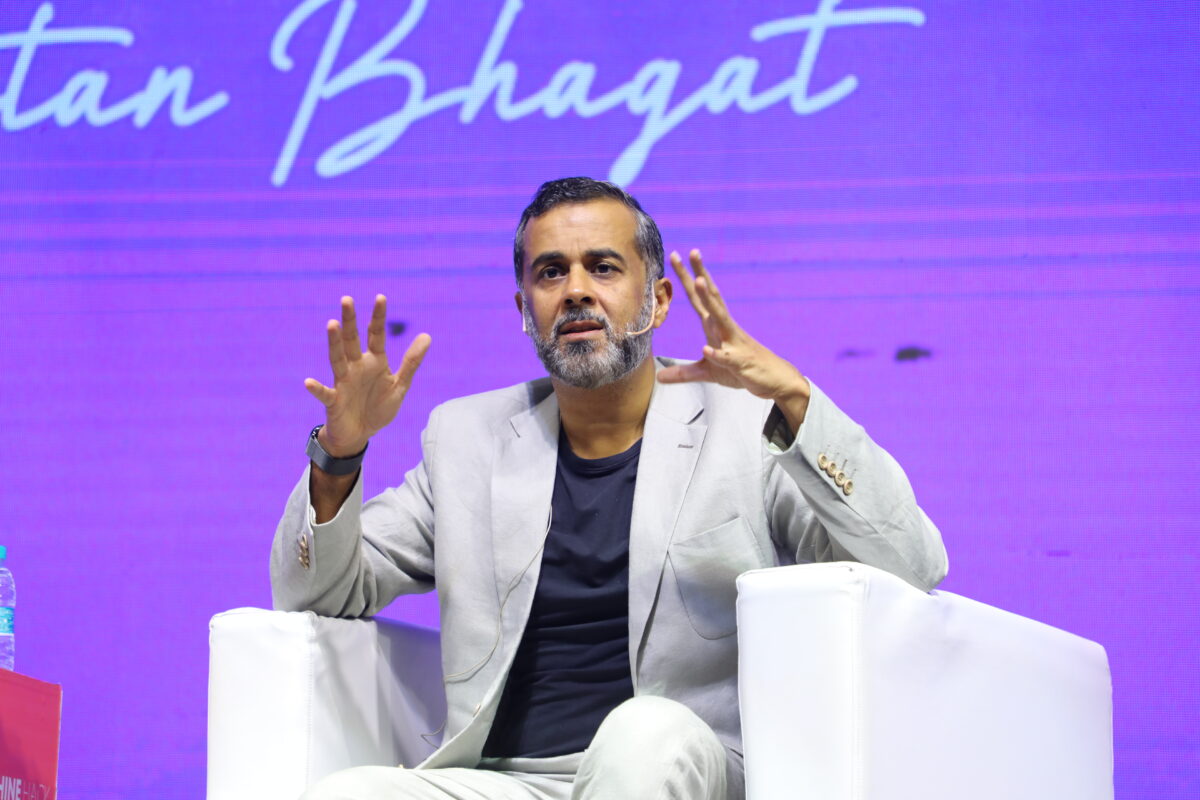
Cypher started as a simple idea in 2015:
Let’s connect the AI community with all industries,
both old and new. It seemed to resonate.
Welcome to Cypher. From Bengaluru to the World
The Cypher 2025 will highlight the new innovations that will drive the world’s next wave of change, balancing these breakthroughs against a world that has grown more skeptical about the benefits of the data revolution.
We are in the process of finalizing the schedule. Please check back this space again. Expect more than 150 speakers to speak at Cypher 2025.
This year, Cypher 2025’s theme is “Make AI in India” showcasing AI innovations contributing to building the next India.
To explore speaking opportunities with Cypher, write to info@aimmediahouse.com










Cypher has grown to become the “largest AI conference in India”. No conference has ever grown so large so fast
Cypher 2025 is where the entire Indian AI ecosystem comes together
Experience groundbreaking insights,
unmatched networking, and a
community shaping the future of AI in India.
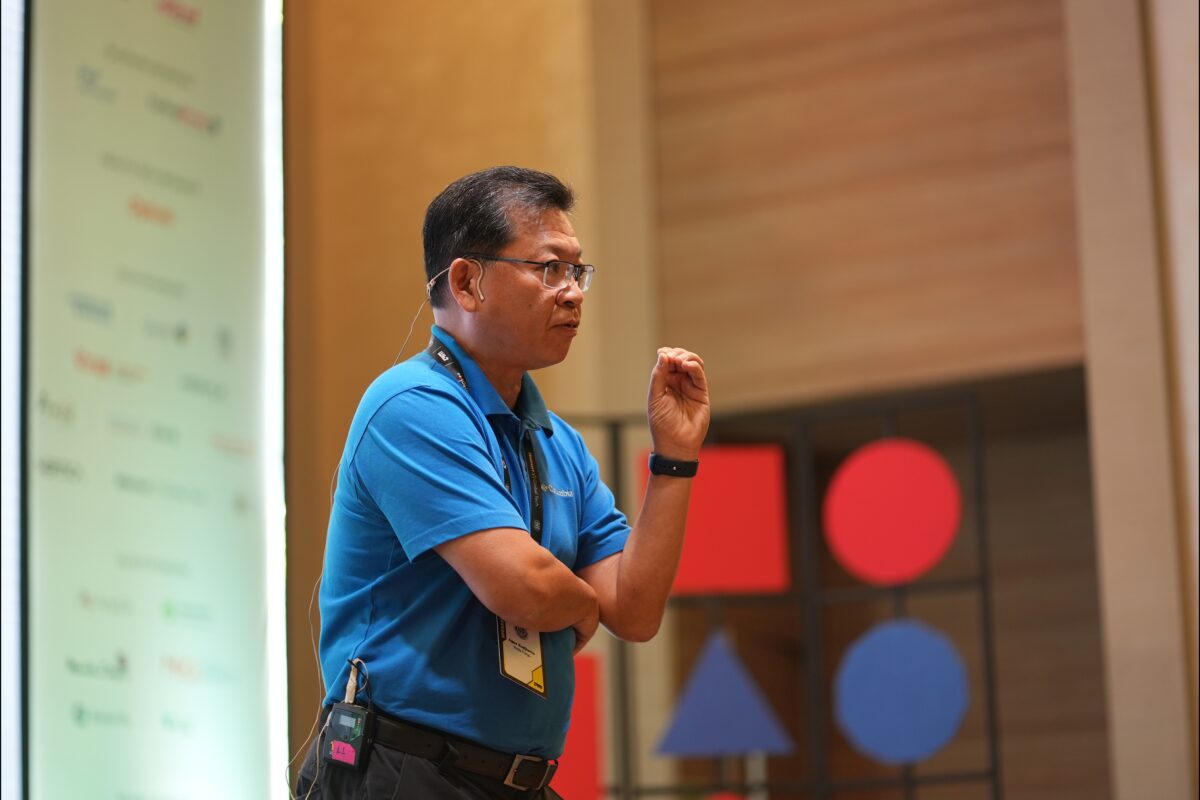








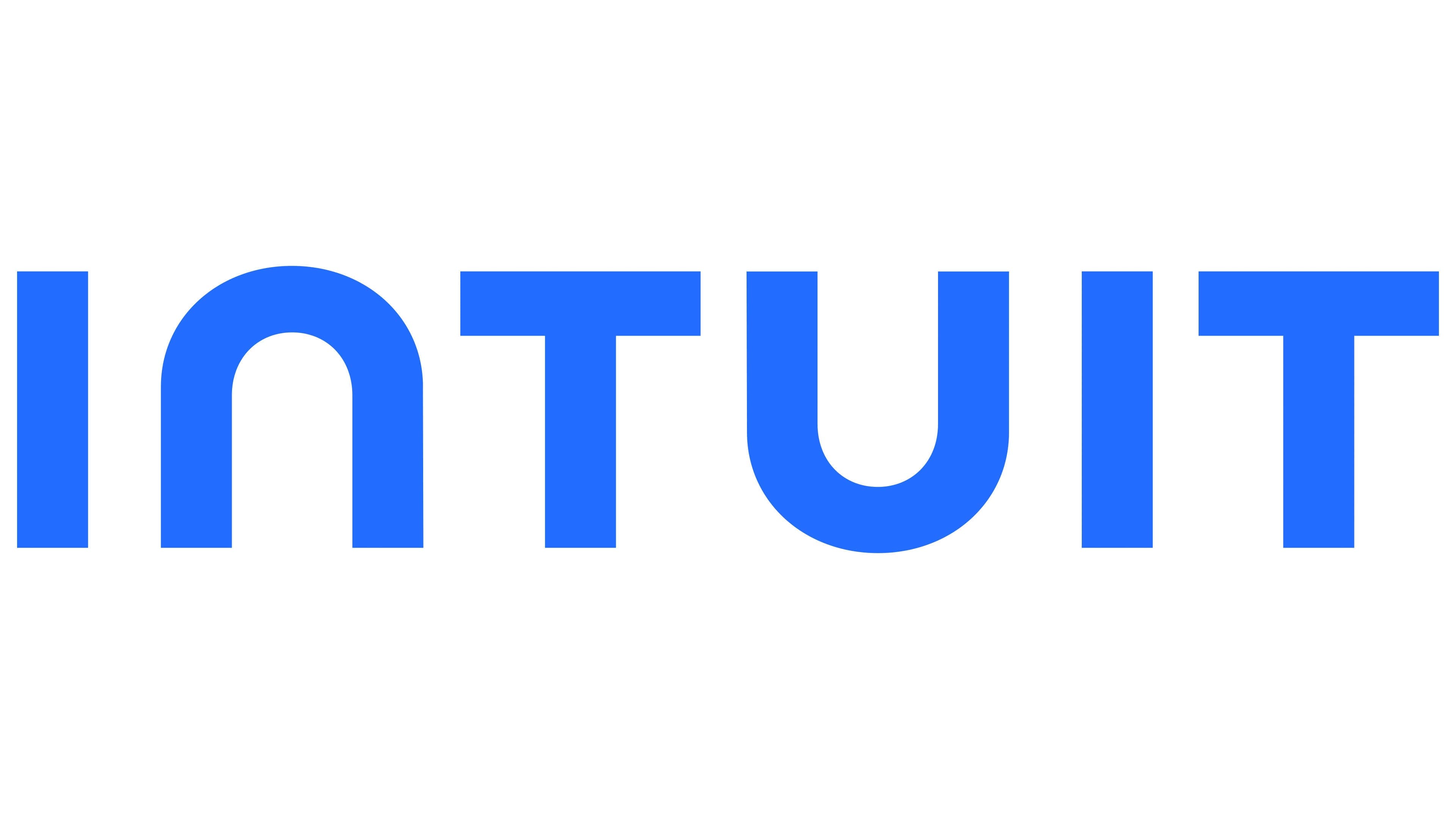

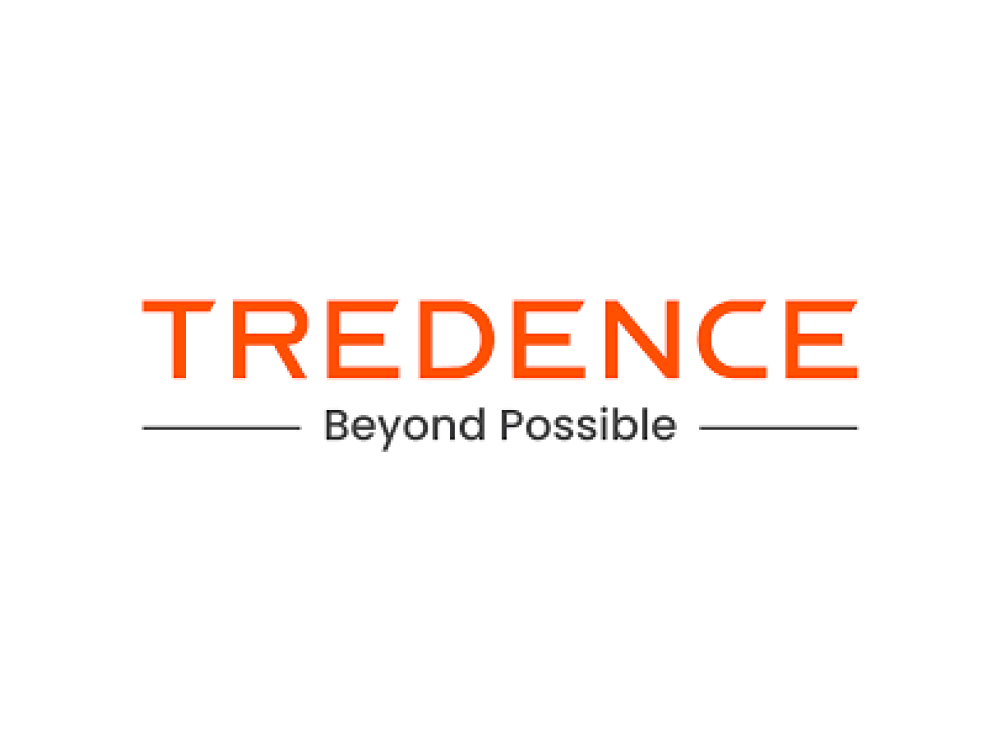











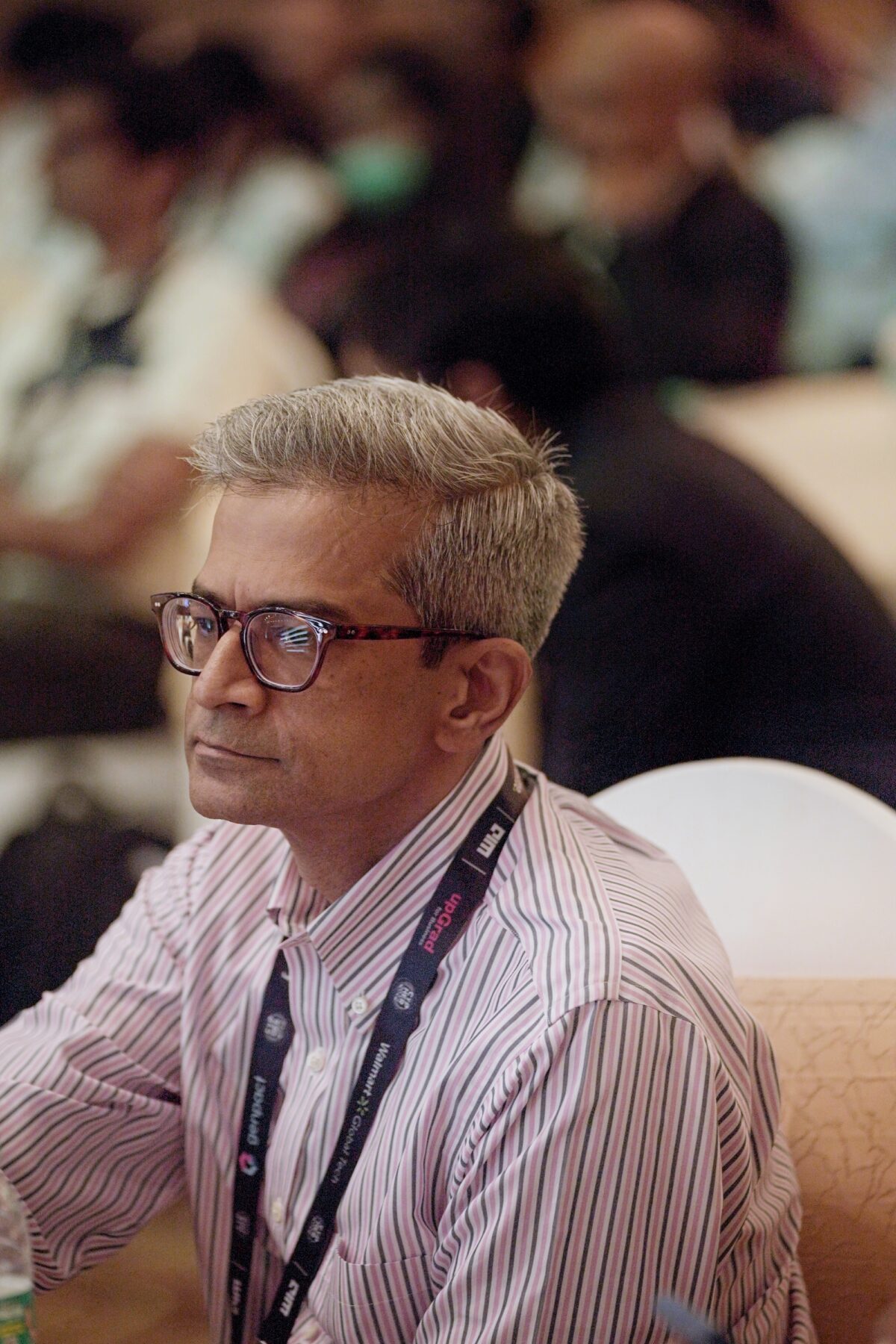
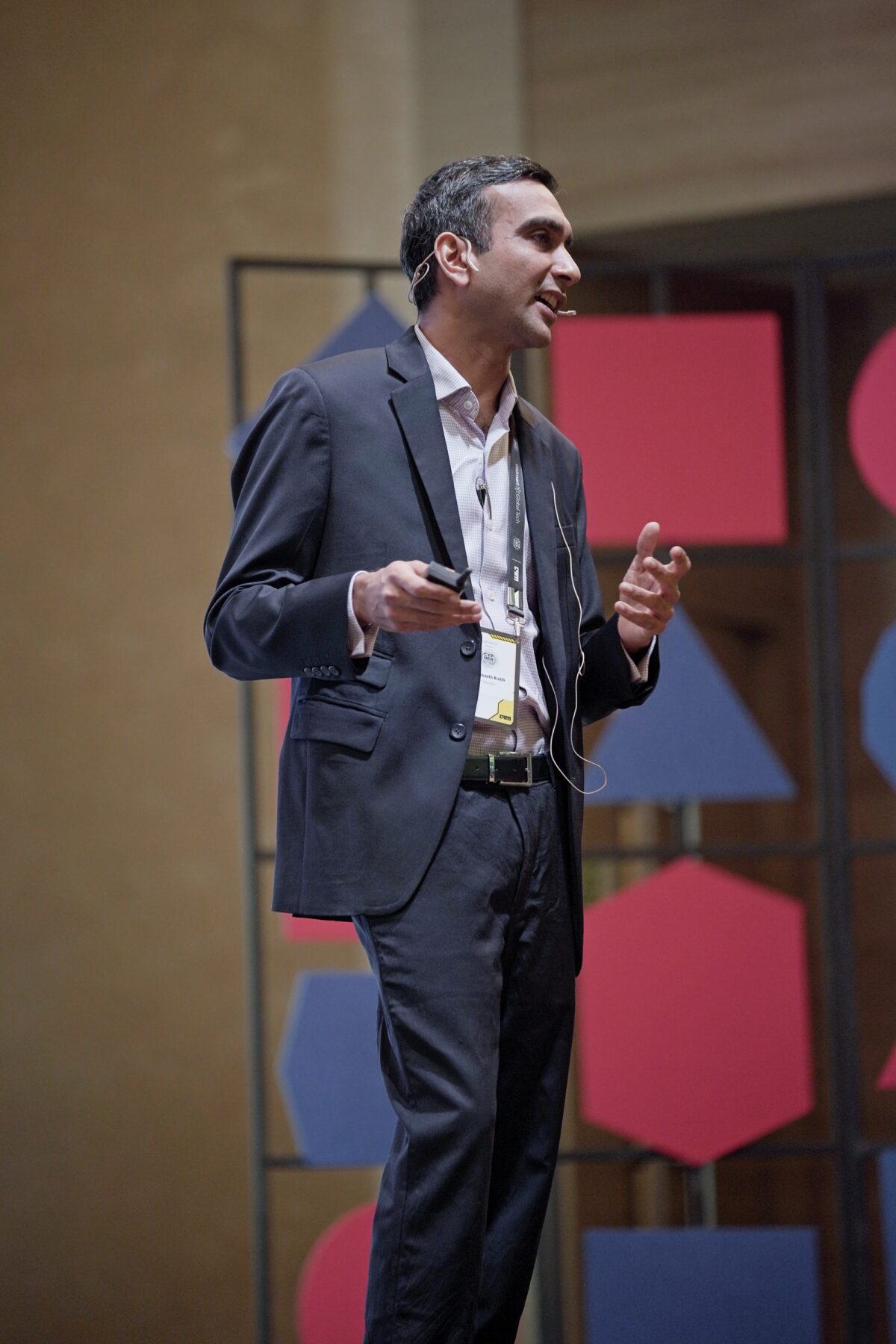
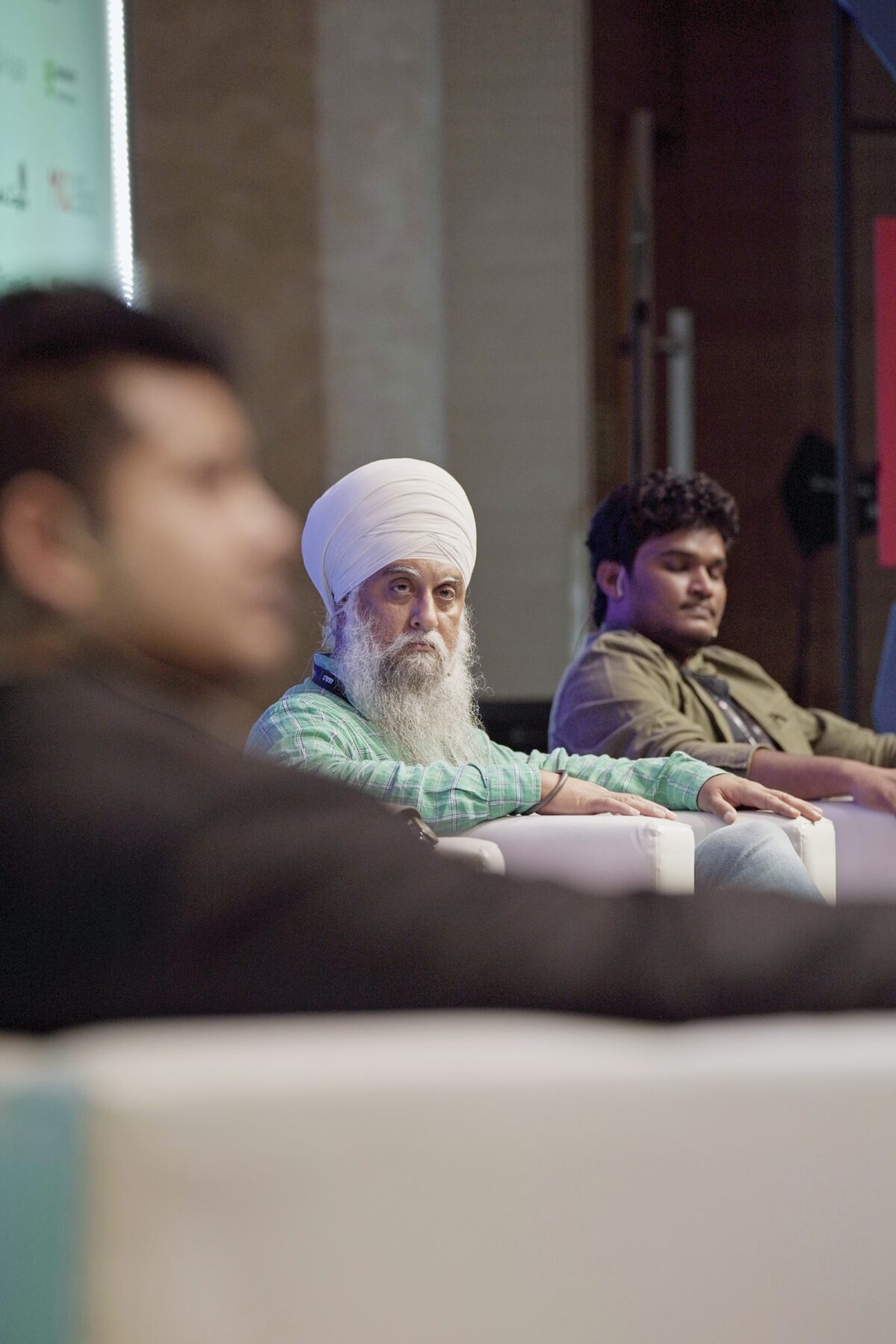
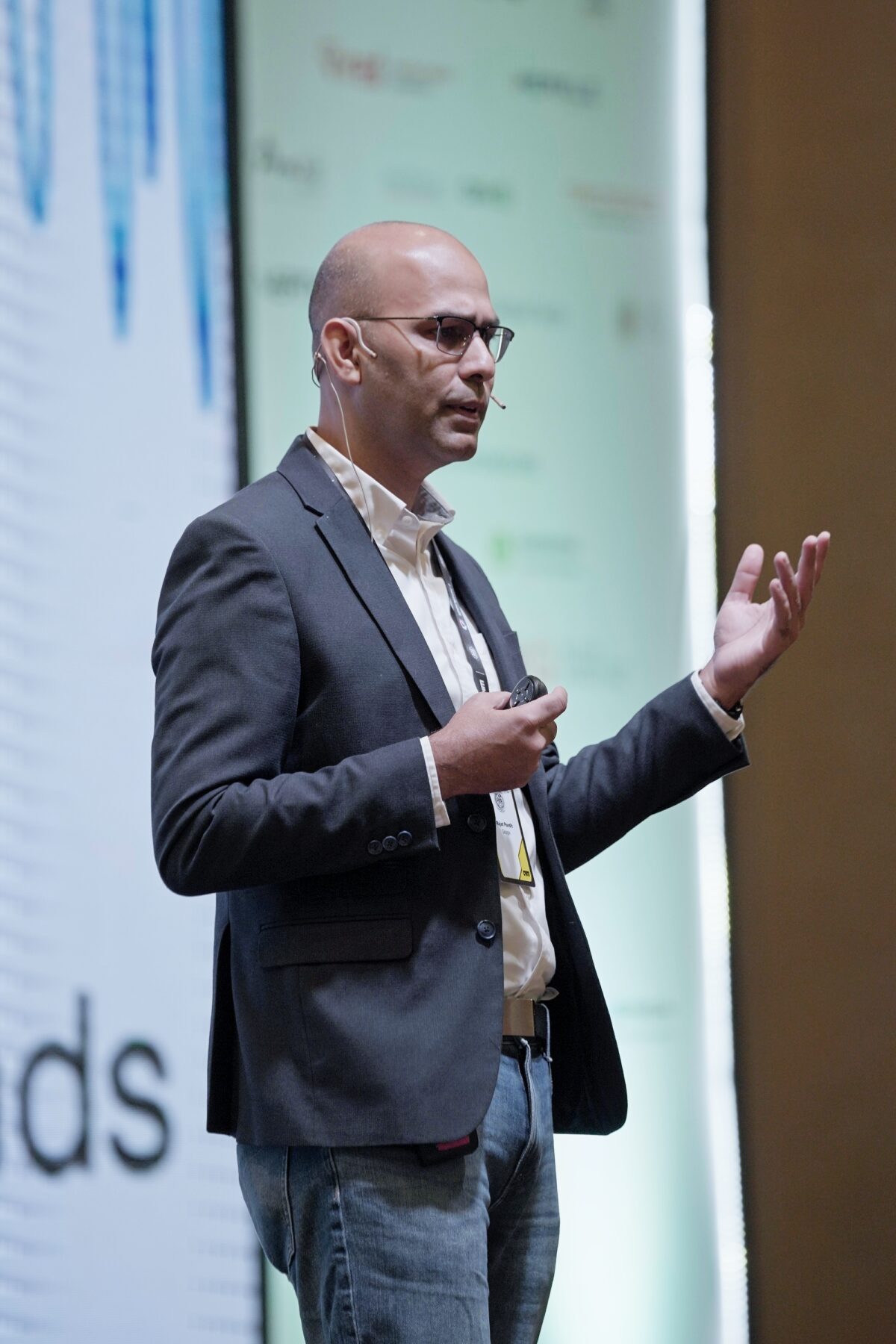
The Minsky Awards at Cypher are the prestigious AI awards, given out exclusively at the enterprise level.
These awards are dedicated to recognizing excellence in AI, showcasing the very best in innovation and application of artificial intelligence.





